The Bipartisan Campaign Reform Act (BCRA) of 2002, often called the McCain-Feingold Act, placed severe limits on the free speech of corporations and labor unions for 60 days prior to a general election for ads mentioning the name of candidates for federal office. It also restricted free speech for 30 days before a caucus or a primary election. President George W. Bush signed the legislation into law, despite having reservations about the free speech restrictions. He apparently thought the Supreme Court would strike many of its provisions down, so he abrogated his responsibility to veto the bill. The Supreme Court, in McConnell vs. FEC, upheld most of the provisions of the BCRA of 2002, though it was also clearly its duty to find the restrictions on freedom of speech unconstitutional.
Finally, yesterday, the Supreme Court, in a 5-4 decision, considering Citizens United vs. Federal Election Commission, ruled that the BCRA of 2002 could not restrict the free speech of persons acting through either corporations or labor unions or other groups. Quoting from a press release from Chip Mellor of the
Institute for Justice, which helped defend free speech in this case:
Justice Kennedy, writing for the Court, emphasized that the government’s ban on corporate speech was censorship, pure and simple: “When Government seeks to use its full power, including the criminal law, to command where a person may get his or her information or what distrusted source he or she may not hear, it uses censorship to control thought. This is unlawful.” He added, “The First Amendment confirms the freedom to think for ourselves.”
The Court overturned Austin vs. Michigan Chamber of Commerce and parts of McConnell vs. FEC in the process. Chip Mellor says:
In today’s opinion, the Court ruled that everyone, including corporations, has the right to speak out about issues and candidates. The government may not restrict the marketplace of ideas: “The civic discourse belongs to the people, and the Government may not prescribe the means used to conduct it.” In other words, the First Amendment rejects government paternalism, instead “entrusting the people to judge what is true and what is false.”
The Institute for Justice also won a case in Arizona on
20 January on free speech and election issues when, according to the Institute for Justice website:
a federal district court judge declared unconstitutional the challenged “Matching Funds” provision of Arizona’s so-called “Clean Elections Act,” striking a blow for the rights of individuals and groups to speak freely during political campaigns. The Institute for Justice is challenging Arizona’s scheme of publicly financing elections, which drowns out the voices of individuals and groups who wish to support privately financed candidates who run against taxpayer-funded candidates in a misguided effort to “level the playing filed.” If a group makes an independent expenditure in favor a privately funded candidate, the unelected bureaucrats at the Clean Elections Commission dole out dollar-for-dollar “matching funds” to the publicly funded candidate. That means that for every dollar an individual or group spends to support the candidate of their choice, over the publicly funded candidate’s initial government subsidy, the government pays an equal amount of money to the political competition. IJ also seeks to preserve the right of individuals to run for public office without having to accept taxpayer funds. Arizona’s public financing scheme punishes candidates who reject the political welfare of public funding by burying them in red tape and giving extra money to their publicly funded opponents. The case is being appealed to the Ninth Circuit, where IJ will again demonstrate that "clean Elections" doesn't level the playing field, it levels the players on the field.
A couple of other important freedom of speech court cases are being supported by The Institute for Justice. SpeechNow.org vs. FEC will be argued before the D.C. Circuit Court of Appeals on 27 January challenging a federal law that forces people to give up the right to associate in order to use the right to free speech! Both rights are clearly stated in the First Amendment, so where were the minds of Congress when they passed this law! The law limits each person joining together to advertise their beliefs to $5000 in contributions to the cause, but acting individually, they would have no such limit. The Institute for Justice (IJ) is joining the Center for Competitive Politics to represent SpeechNow.org.
In Colorado, a group of neighbors joined together to oppose the annexation of their neighborhood by a nearby town and were sued under a Colorado law which forces any group spending as little as $200 to address a ballot issue to register with the state and disclose all donors making contributions of $20 or more. IJ is representing these neighbors in the 10th Circuit Court of Appeals.
I have long been impressed by the work of the Institute of Justice and have been a contributor for many years. I urge others to carefully consider supporting their critical work. They played a big role in eminent domain reform and the Kelo case a few years ago. They attack onerous professional licensing laws and many other petty attacks upon our freedoms. They seem to be a very cost-effective organization as well.












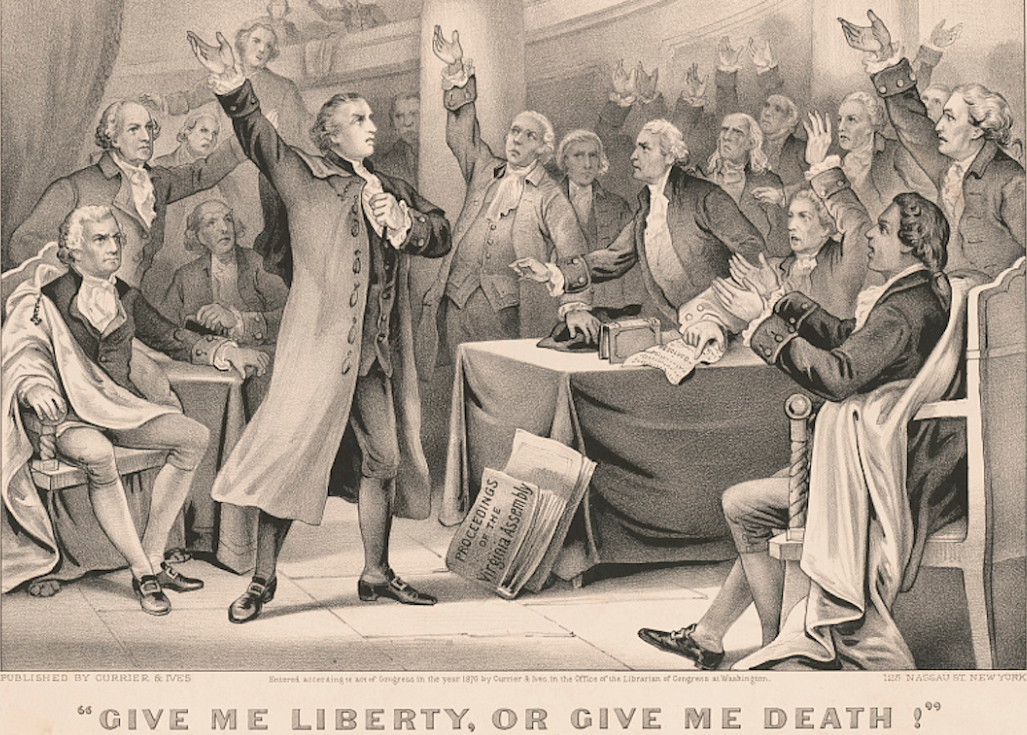
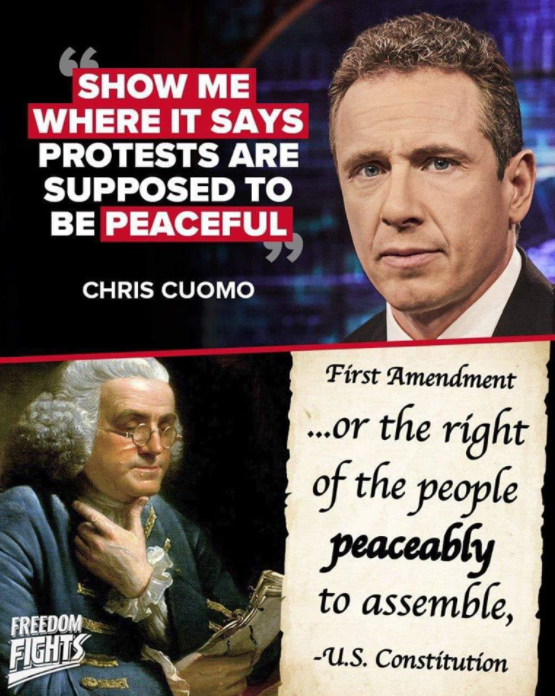
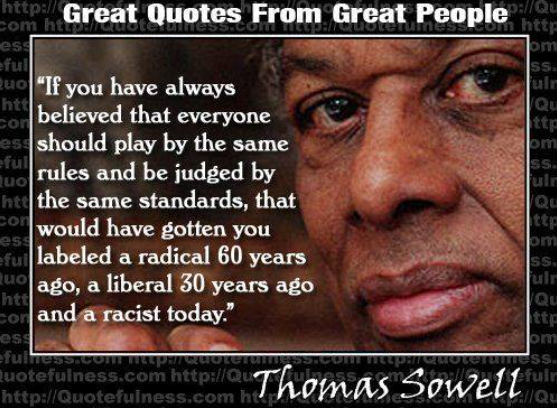
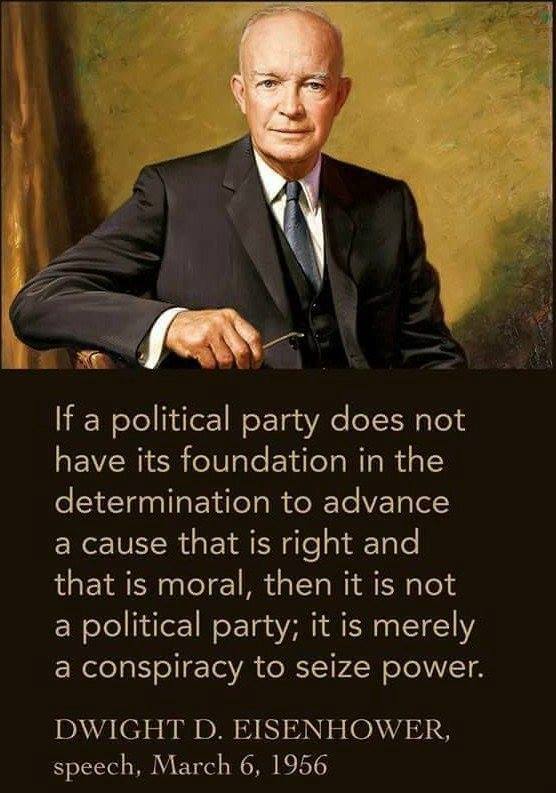
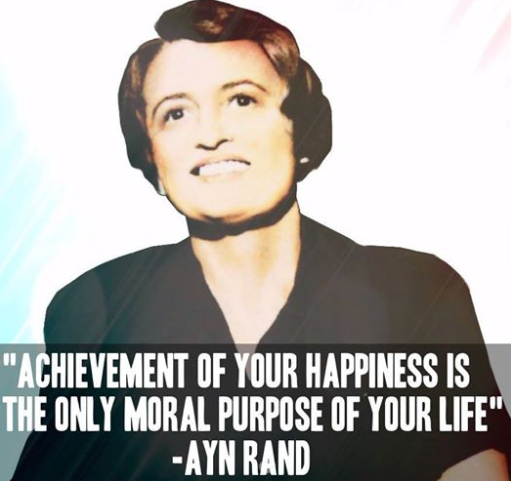



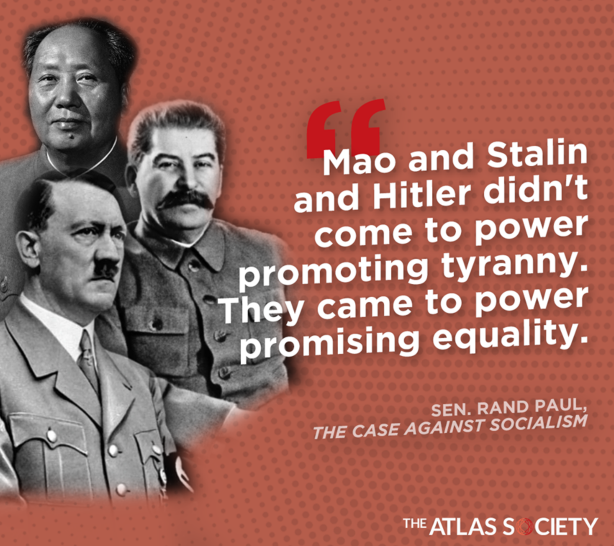
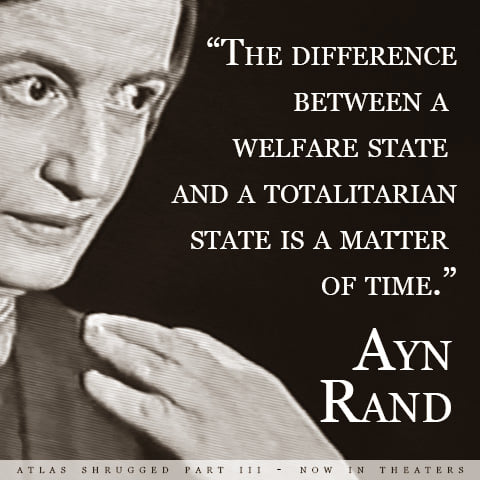

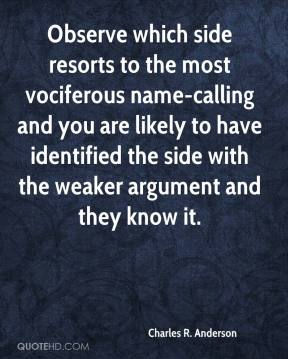
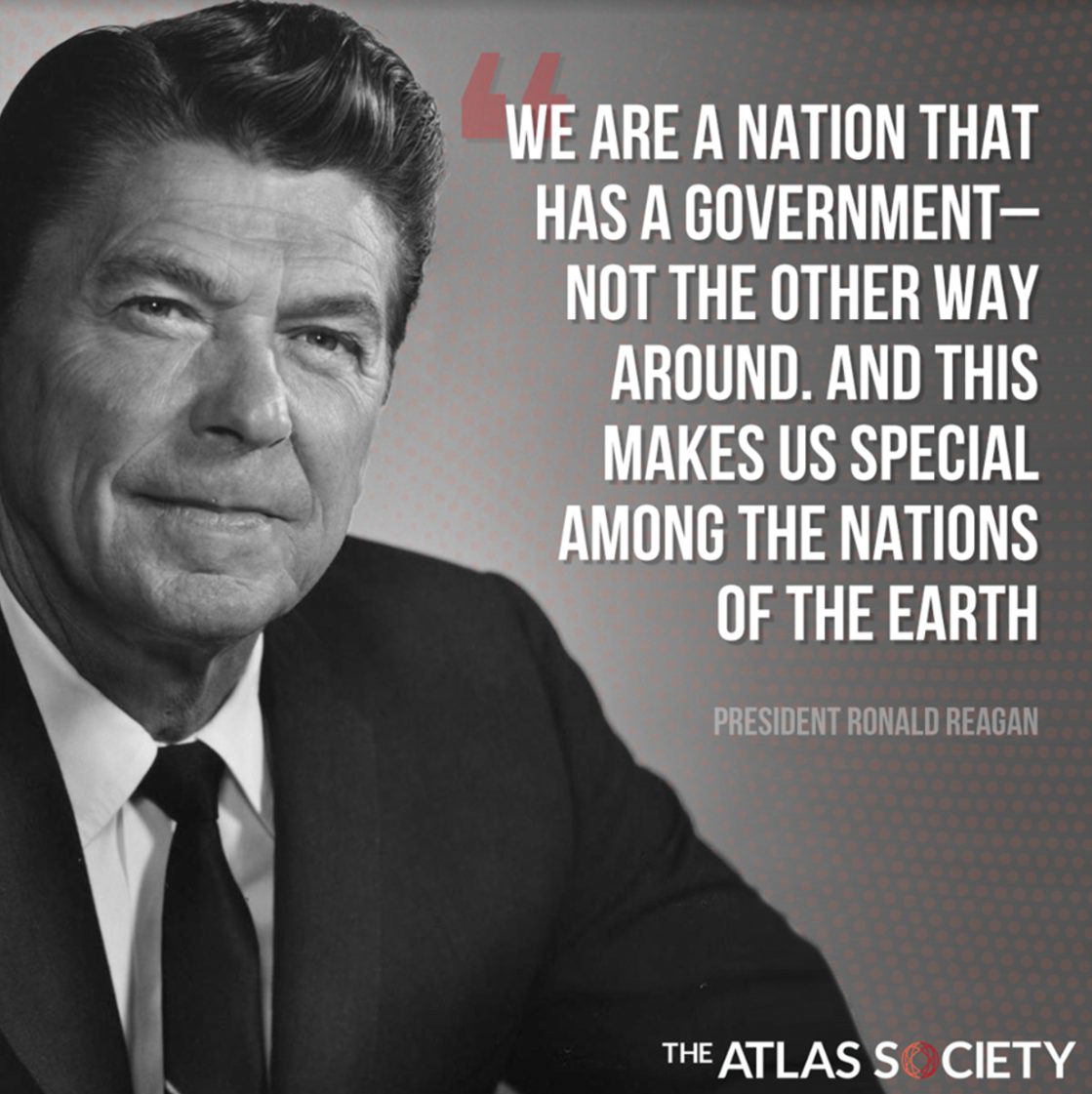




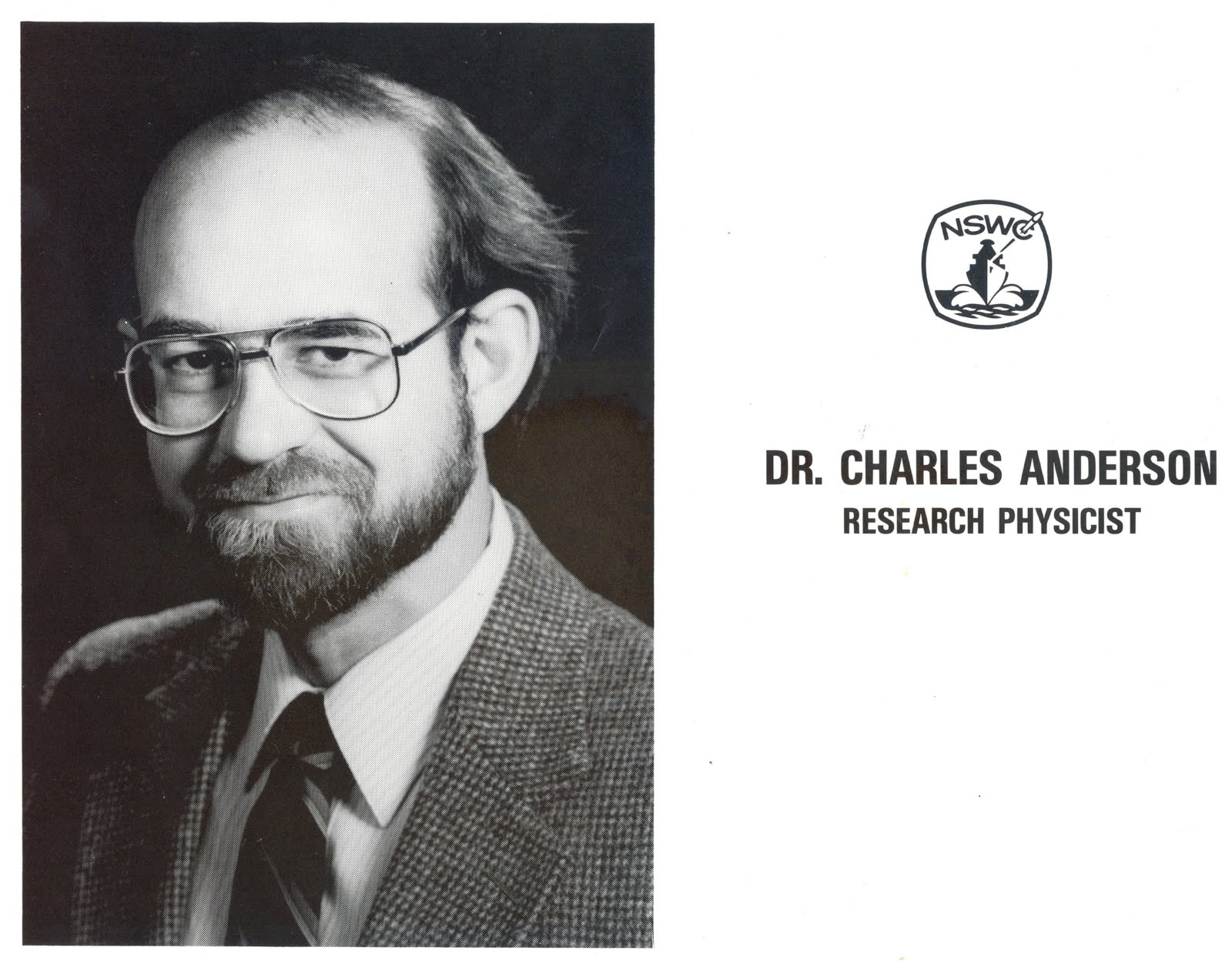



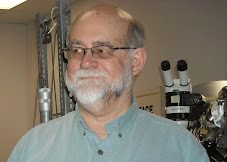

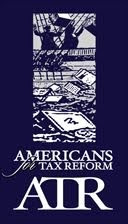












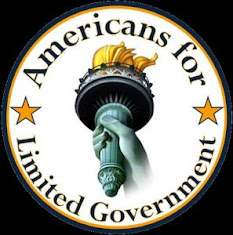
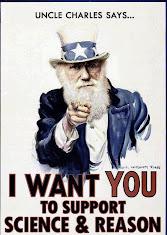













2 comments:
With all the attention being paid to health care and certain other issues it's easy to lose track of stuff like this.
I for J looks like an interesting group, thanks for pointing them out.
Thanks again for commenting Greg.
This week was a very good week for individual liberty! I wonder if the Tea Party movement and the surge in Scott Brown's polls made it easier for the Supreme Court to do its duty! Historically, the Supreme Court does seem to swayed somewhat by popular opinion and that has swung away from socialism toward the sovereign rights of the individual.
Post a Comment